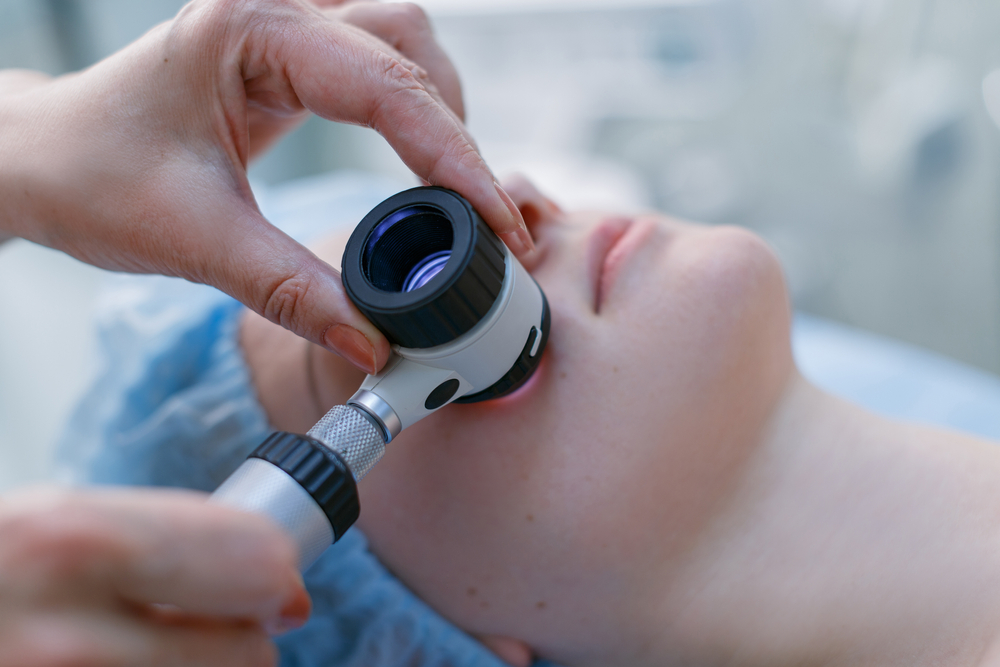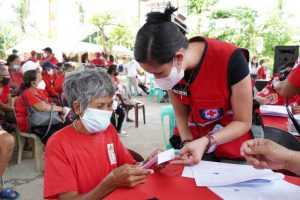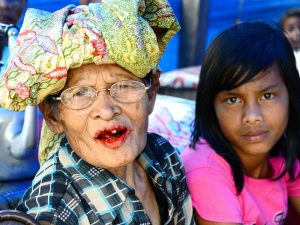The skin microbiome, a diverse ecosystem of microorganisms, plays a crucial role in human health.
Disturbing this balance, particularly with antibiotic use, has been linked to the emergence of antimicrobial resistance, a growing concern in modern medicine.
The Complexity of the Skin Microbiome
The skin microbiome is an intricate ecosystem, home to various bacterial species. It closely resembles the gut microbiome in its diversity. This diversity plays a pivotal role in skin health and disease prevention. The skin microbiome’s composition is influenced by various factors, including environmental exposures and personal hygiene. Changes in this delicate balance can lead to skin disorders or increased susceptibility to infections.
Predominant Bacterial Species
Key species identified include Corynebacterium simulans, Cutibacterium acnes, and Staphylococcus aureus. These bacteria are not just mere inhabitants, but active participants in maintaining skin health. They contribute significantly to the skin’s barrier function and its ability to fend off pathogens.
These bacterial species perform essential functions, crucial for the skin’s overall health. Their roles extend beyond just forming a physical barrier; they actively engage in biochemical processes that enhance skin resilience. Their presence ensures a balanced microbial environment, critical for skin health.
The Peril of Antibiotic Overuse
Systemic antibiotics, vital in treating infections, can significantly alter the skin microbiome. These alterations are not just transient; they can have long-lasting effects on skin health.
Studies have demonstrated that certain antibiotic regimens result in profound changes in skin microbial communities. This disturbance often leads to an expansion of antibiotic-resistant bacteria. Such changes underline the persistent impact of antibiotics on the skin’s microbial landscape.
The overuse of antibiotics is a major contributor to the development of antimicrobial resistance. This resistance is particularly concerning in the skin microbiome, where it can compromise the skin’s ability to ward off infections.
The findings highlight the risks associated with overprescribing antibiotics. They emphasize the need for judicious use of antibiotics to preserve the integrity of the skin microbiome.
Resistome: A New Frontier in Microbiome Research
The resistome encompasses all antibiotic resistance genes in the microbiome, signifying the microbes’ capacity to resist antibiotics. Importantly, understanding the resistome is vital in an era increasingly challenged by antibiotic resistance.
Furthermore, recent studies have advanced our knowledge about the resistome in the human skin microbiome. Specifically, by employing sophisticated methods such as shotgun metagenomic sequencing, researchers have mapped the distribution of antibiotic resistance genes (ARGs) across various skin sites. Consequently, this research has been pivotal in pinpointing potential areas on the skin that are more susceptible to the development of antibiotic resistance.
Diversity and Distribution of ARGs in Skin Sites
The skin resistome is not uniform across different body sites. For instance, the abundance of ARGs is highest in foot areas and lowest in sebaceous regions. This variability in ARG distribution suggests that certain skin environments are more prone to developing antibiotic resistance. Understanding this can help in tailoring targeted treatments and preventative measures.
The findings from these studies have significant implications for public health and clinical practices. They highlight the necessity of prudent antibiotic use and the development of strategies to maintain a healthy skin microbiome. This research also opens the door to developing new treatments that can specifically target antibiotic-resistant bacteria without disrupting the beneficial microbiota.
One of the challenges in resistome research is the complexity of the microbial ecosystem on the skin. Future research should focus on understanding the interactions between different microbes and how they contribute to the development of resistance. Additionally, there is a need for longitudinal studies to understand how the resistome evolves over time in response to antibiotic exposure.
The Urgent Need for Alternative Therapies
The recent findings on the skin microbiome and antibiotic resistance highlight the urgent need to reconsider current antibiotic use strategies in dermatology. Alternative therapies are crucial to prevent further exacerbation of antimicrobial resistance.
Exploring Probiotic Therapies
One promising area is the use of probiotics. These beneficial microbes can help maintain or restore the balance of the skin microbiome. Probiotics might offer a way to manage skin conditions without resorting to antibiotics that disrupt microbial balance.
Harnessing Phage Therapy
Phage therapy, which involves using bacteriophages to target specific bacterial pathogens, is another potential alternative. This approach can selectively target harmful bacteria while preserving the beneficial microbiome.
Development of Targeted Antibacterial Agents
Researchers are also exploring targeted antibacterial agents that are less likely to induce resistance. These agents would work by specifically targeting pathogenic bacteria without affecting the broader microbiome.
Importance of Personalised Medicine
Personalised medicine approaches, based on individual microbiome analysis, could lead to more effective and less disruptive treatments. Tailoring treatments to the unique microbiome composition of each individual could enhance treatment efficacy and minimise adverse effects.
Promoting Antibiotic Stewardship
Alongside exploring alternative therapies, promoting antibiotic stewardship is vital. This involves using antibiotics only when absolutely necessary and employing the correct dosages and durations to minimise the development of resistance.
Investing in Research and Public Awareness
Increased investment in research is essential to develop and validate these alternative therapies. Public awareness campaigns about the risks of antibiotic overuse and the importance of microbiome health are also crucial.
The need for alternative therapies in dermatology is clear. As research advances, these alternatives could provide effective means to treat skin conditions while preserving the delicate balance of the skin microbiome and combating the rise of antibiotic resistance.
References
- Li, Z., Xia, J., Jiang, L., Tan, Y., An, Y., Zhu, X., Ruan, J., Chen, Z., Zhen, H., Ma, Y., Jie, Z., Xiao, L., Yang, H., Wang, J., Kristiansen, K., Xu, X., Jin, L., Nie, C., Krutmann, J., . . . Wang, J. (2021, February 17). Characterization of the human skin resistome and identification of two microbiota cutotypes. Microbiome. https://doi.org/10.1186/s40168-020-00995-7
- Jo, J., Harkins, C. P., Schwardt, N. H., Portillo, J. A., Zimmerman, M., Zimmerman, M., Hossen, M. A., Peer, C. J., Dartois, V., Figg, W. D., Moutsopoulos, N. M., Segre, J. A., & Author_id, N. (2021, December 22). Alterations of human skin microbiome and expansion of antimicrobial resistance after systemic antibiotics. Science Translational Medicine. https://doi.org/10.1126/scitranslmed.abd8077












